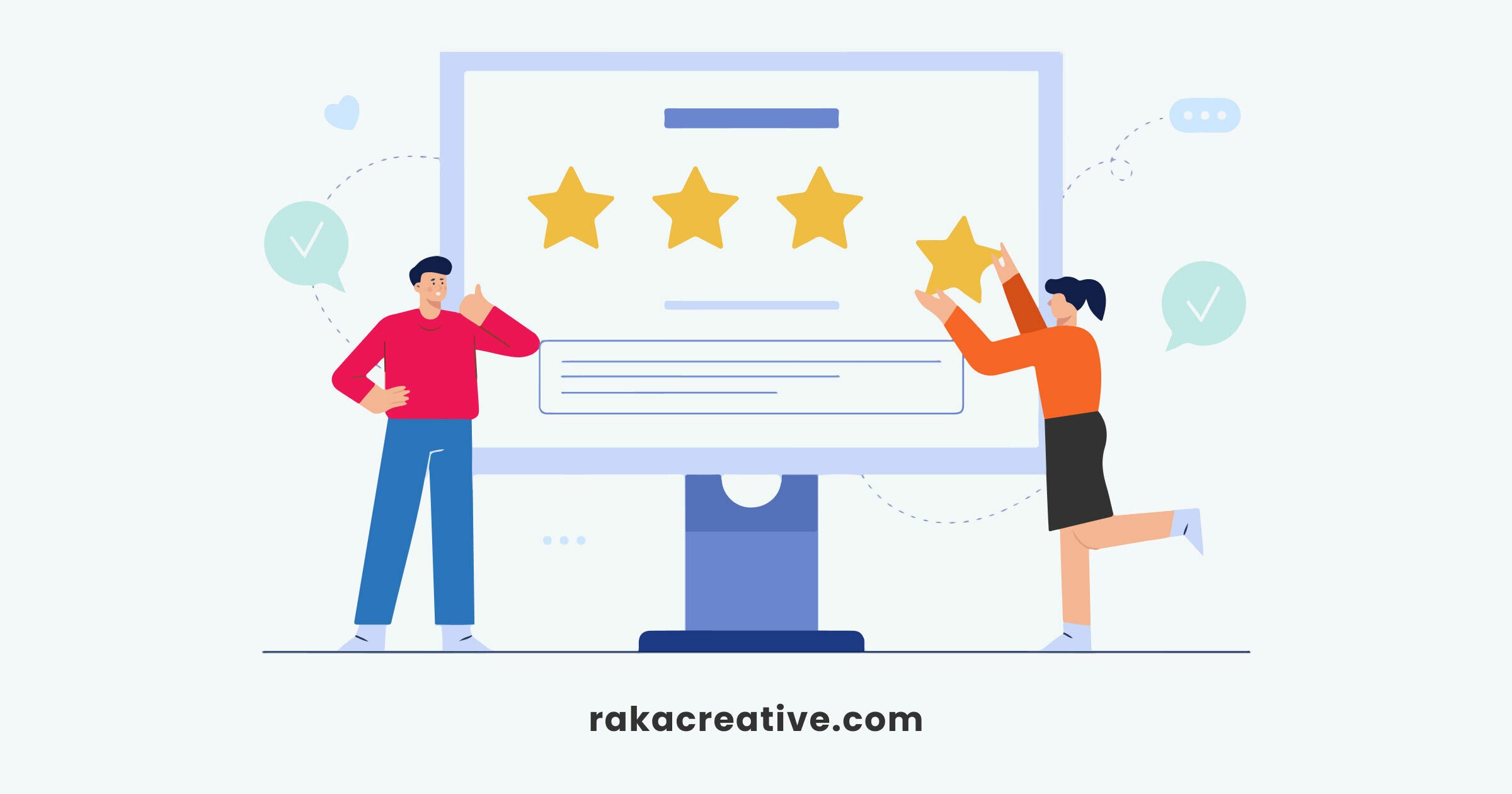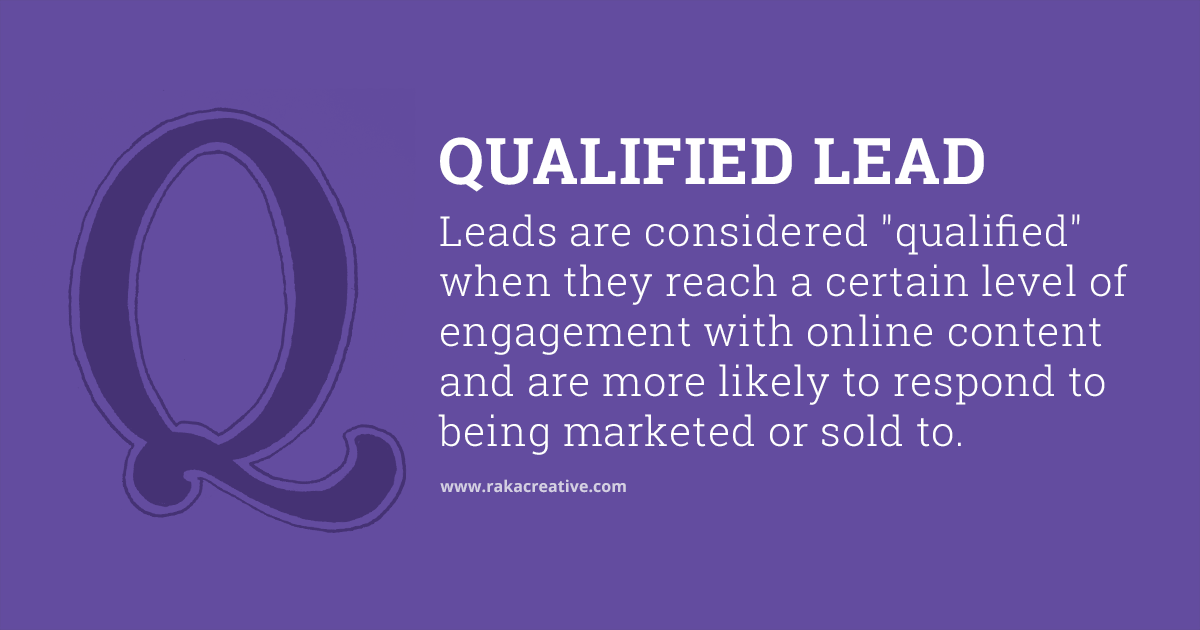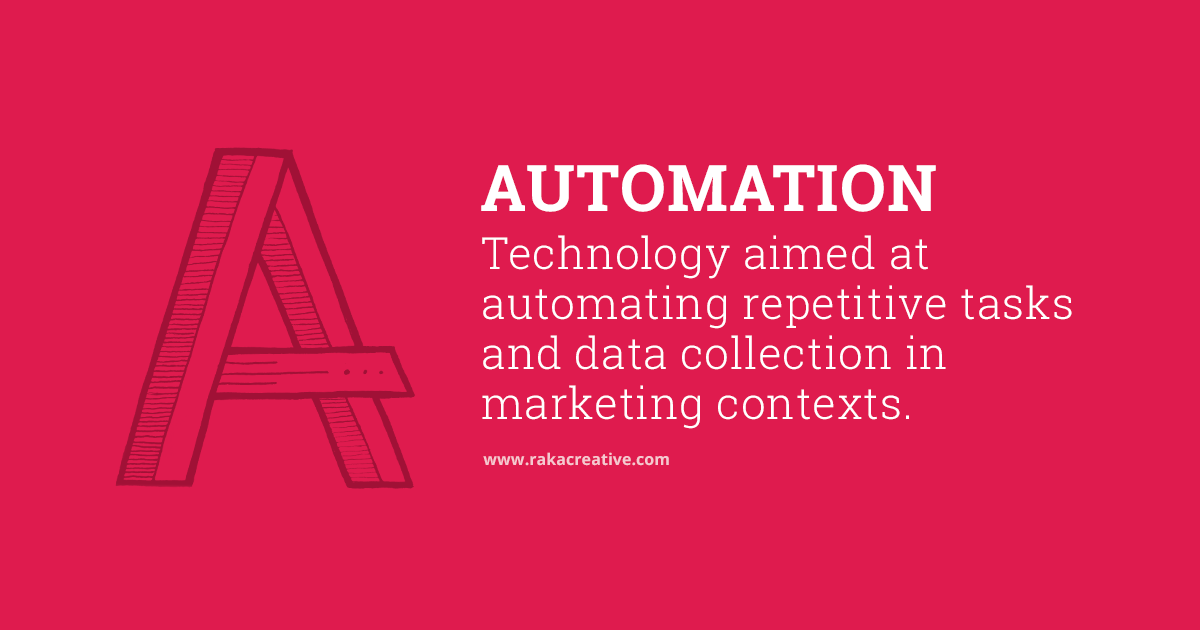Google has never exactly been forthcoming about changes to its algorithm, but the eagle-eyed analysts who monitor such things for a living always manage to find out. Case in point: At INBOUND 2018 and at SearchEngineLand, the talk was about an algorithm change that was boosting traffic significantly for some and torpedoing others.
It can feel at times like your SEO growth plan is at the mercy of an unfeeling titan, which is sort of true. But for all the changes Google makes, and for all the “Is SEO dead?” thinkpieces we read, search is still crucial. It’s still the leading traffic source for many, many businesses, likely including your own.
So there’s an opportunity to slowly but surely learn about these changes. There’s an opportunity to use those changes to make your website better. And there’s an opportunity to drive more quality search traffic to your website through consistent, confident SEO, paving the way for new business. The question is, who should be doing that for you?
Essentially, you have two options:
- Stay in-house and lean on your team, either by growing their knowledge or hiring experienced SEMs
- Hire an agency or search-versed partner to handle your SEO growth plan
Let’s break down those options and help you determine which one is right for you.
First, develop your SEO growth plan
We can’t get ahead of ourselves here. You should first take some time to ensure you have an SEO plan worth implementing. Your plan should be flexible enough to allow for major changes in the way Google rewards or punishes websites. It should also be detailed and forward-looking enough that you’re able to constantly improve your site’s search rankings without waiting for the next major update to drop.
First and foremost, that means following some standard best practices. Remember that concepts are just as critical a part of SEO as keywords today, that writing good content for human audiences will always matter, and that Google is increasingly partial to longer, more informative content.
Once you’ve made your peace with that, the specifics of that plan will be particular to your organization. You should ask yourself these questions about your plan:
- Do I know which keywords I need to rank for, at least broadly? Do I know what keywords are?
- Who are my buyer personas and what are they searching for?
- What keywords do I believe are going to actually drive lead generation and sales, based on past performance and an understanding of current search trends?
- Am I able to get keyword volumes and do research? Which keyword tool am I going to use?
- Do I have a tool to help me optimize my website pages, like Yoast?
Once you’ve established this, preferably in an easily accessible document for your entire team, it’s time to start thinking about who is going to implement and then maintain your SEO efforts.
Keep SEO in-house
This is a popular choice for reasons ranging from budget to expertise. If you have a team you feel confident in, or a truly experienced SEM who is up to date on best practices, this is a smart move. Having someone in-house ensures that your efforts are under one roof and that your organization’s need are always comprehensively understood.
There’s something to be said for being able to walk down a hallway and discuss how your core keywords are performing, or having a standing face-to-face meeting about the long-term viability of your SEO growth plan. If you have the right team, there’s no sense in going outside your organization at all.
What if you don’t have those people in place, though, or they simply don’t have the time? It may be time to look outside your organization.
Hire an agency SEO partner
As an agency SEO partner, we’re sort of partial to this one. Surprising, no?
The best reason to hire an agency, whether they specialize in inbound marketing or in SEO, is the ability to focus on search engine optimization. You can and should expect your SEO consultant or agency to be well versed in current best practices, dedicated to achieving results, and able and willing to report on the success of campaigns. The reporting bit is especially crucial, and any agency worth its salt will be able to give you insight into performance on a monthly basis.
You may also save money. Agencies can be hired for the equivalent of a full-time SEM or even less money, and they come with their own SEO tools to bring to bear.
If you have an in-house SEO expert or at least a knowledgeable marketer, they can work closely with your agency to keep them accountable and share internal insights. That’s the best of both worlds, in our experience.
Which approach have you had the most success with? Let’s hear your war stories, and be sure to let us know if you need help with your SEO growth plan.





